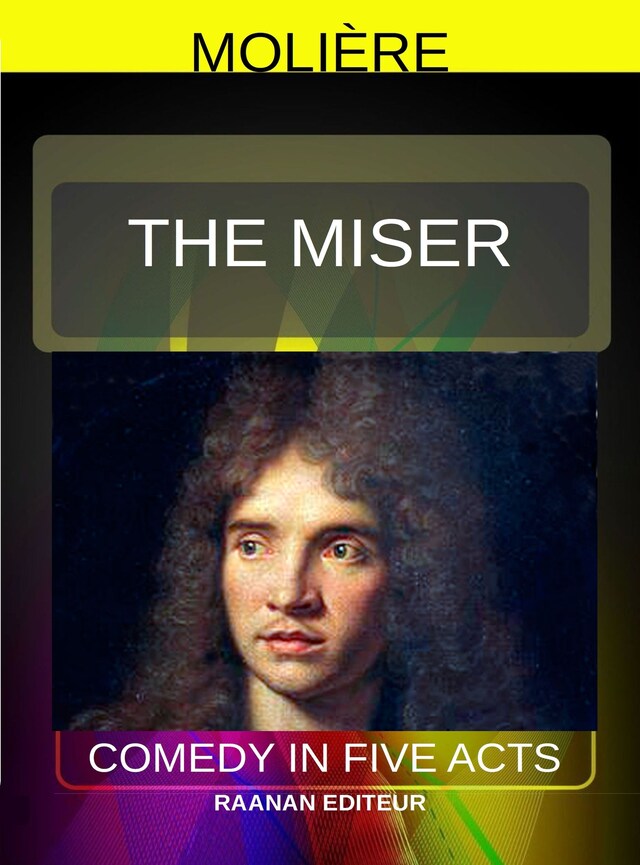The Miser
Description of book



